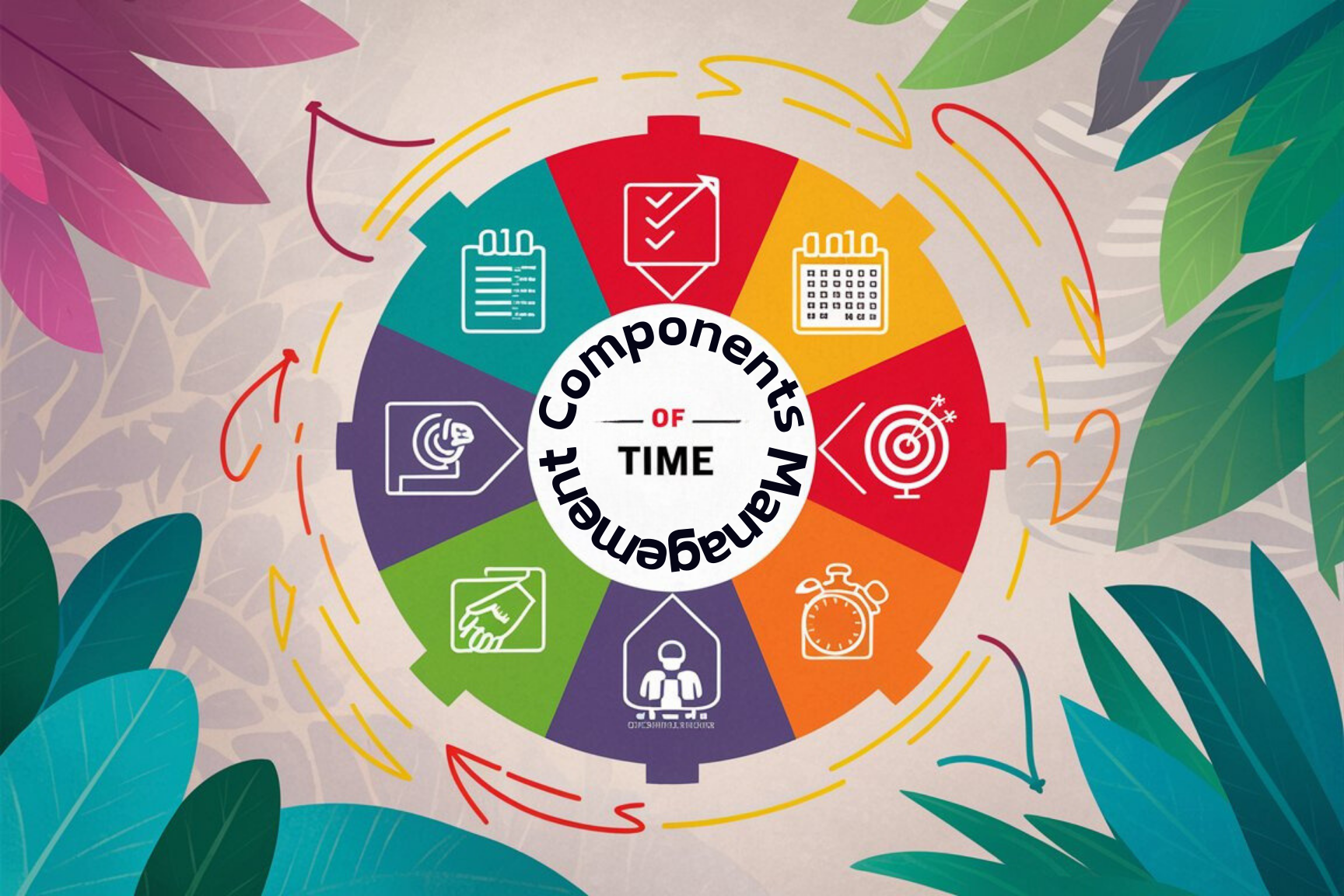Time management is crucial for achieving success in both personal and professional aspects of life. It involves the process of planning and organizing how to divide your time between specific activities to make the most out of it. Effective time management allows you to work smarter, not harder, leading to increased productivity, reduced stress, and improved work-life balance.
1. Setting Goals
Setting clear and achievable goals is the foundation of effective time management. By defining what you want to accomplish, you can prioritize tasks and allocate your time accordingly. Goals should be specific, measurable, achievable, relevant, and time-bound (SMART) to provide a clear direction for your time management efforts.
2. Prioritization
Prioritization involves identifying the most important tasks and focusing on completing them first. By prioritizing your tasks based on their importance and urgency, you can ensure that you are allocating your time to activities that align with your goals and deliver the most significant impact. Tools like the Eisenhower Matrix can help you categorize tasks based on their importance and urgency.
3. Planning
Planning is a crucial component of effective time management. By creating a daily, weekly, or monthly schedule, you can allocate time for specific tasks, meetings, and activities. Planning allows you to visualize your workload, identify potential bottlenecks, and make adjustments to ensure that you are using your time efficiently.
Delegation involves assigning tasks to others to free up your time for more critical activities. By delegating tasks that can be done by others, you can focus on high-priority tasks that require your expertise and attention. Delegation is an essential skill for effective time management, as it allows you to leverage the strengths of your team and maximize productivity.
5. Elimination of Time-Wasters
Identifying and eliminating time-wasters is essential for efficient time management. Time-wasters can include excessive social media use, unnecessary meetings, multitasking, and procrastination. By identifying these distractions and taking steps to minimize or eliminate them, you can free up valuable time for more important tasks and activities.
6. Time Tracking and Evaluation
Tracking your time and evaluating your progress is crucial for improving your time management skills. By monitoring how you spend your time, you can identify inefficiencies, bottlenecks, and areas for improvement. Regularly evaluating your time management practices allows you to make adjustments, set new goals, and continuously improve your productivity and effectiveness.
Conclusion
Effective time management is essential for achieving your goals, increasing productivity, and maintaining a healthy work-life balance. By incorporating these six components of time management into your daily routine, you can optimize your time, reduce stress, and accomplish more in less time.
Remember, time is a finite resource, so managing it effectively is key to success in all areas of life. By setting goals, prioritizing tasks, planning your schedule, delegating effectively, eliminating time-wasters, and tracking your time, you can take control of your time and make the most out of every day.


